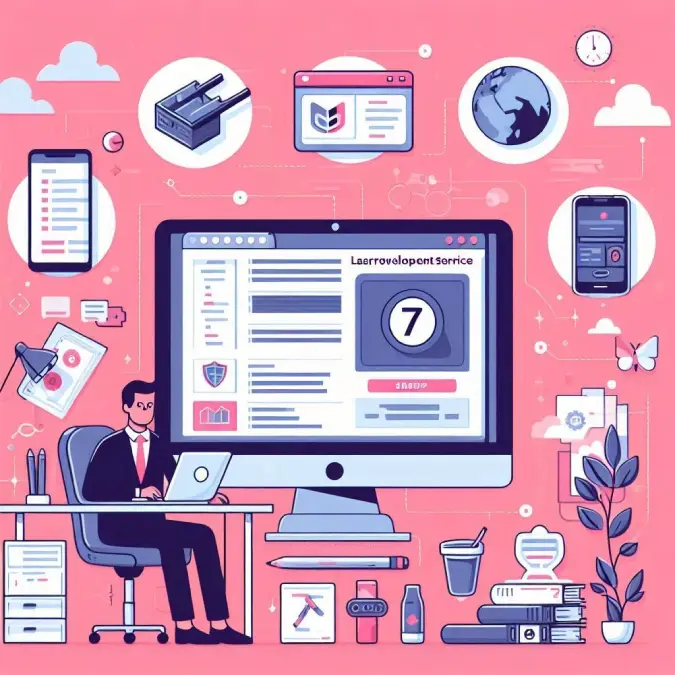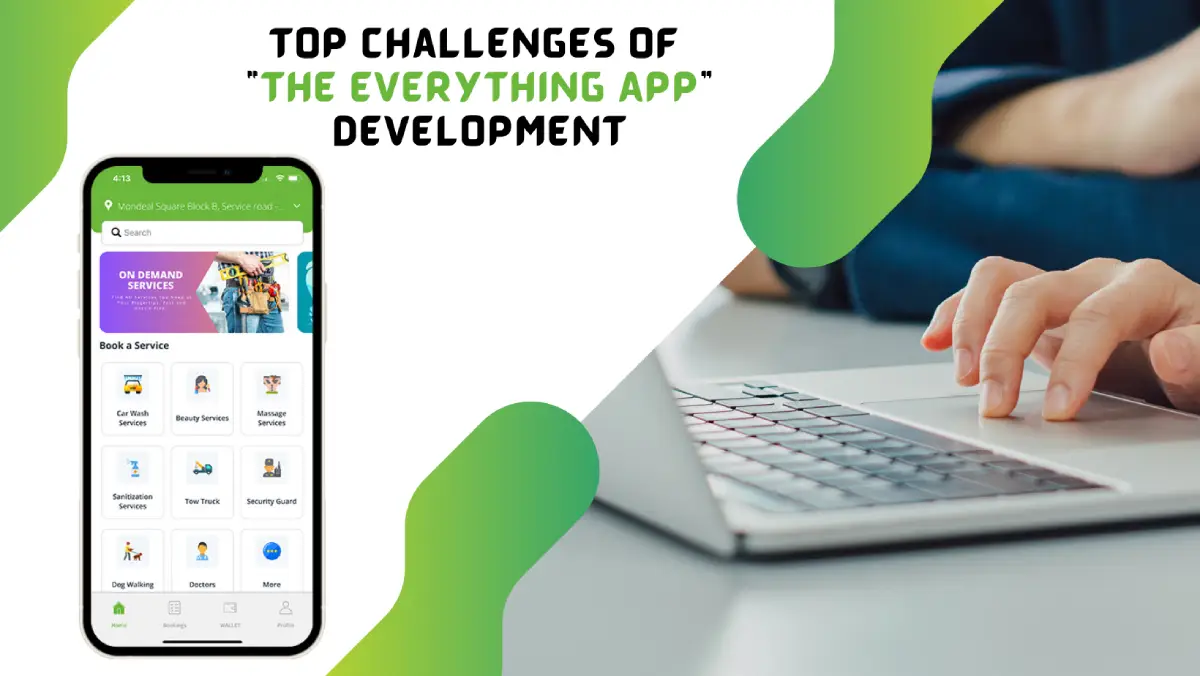CRM in Healthcare: A Strategic Tool for Patient Relationship Management
In the unexpectedly evolving healthcare panorama, in which affected person delight and engagement are paramount, Customer Relationship Management (CRM) emerges as a strategic device to revolutionize patient courting control. By enforcing CRM structures mainly tailor-made for the healthcare industry, healthcare companies can effectively enhance patient engagement, streamline operations, and optimize patient pride.
Table of Contents
The Emergence of CRM in Healthcare
CRM systems, traditionally associated with income and marketing sectors, have made a massive entry into the healthcare industry. The shift towards a patient-centric model in healthcare necessitated equipment for handling affected person relationships successfully and effectively, main to the advent of CRM in healthcare. As the demand for personalized patient care continues to develop, CRM structures have grow to be an essential asset for healthcare companies.
The Functionality of CRM in Healthcare
CRM systems in healthcare offer an included approach to patient dating management. These systems collect and shop affected person statistics from a couple of assets along with clinical facts, patient interactions, and social media. This consolidated information pool permits healthcare providers to gain complete insights into patient behavior, alternatives, and health records. Consequently, healthcare vendors can formulate customized remedy plans, improve patient verbal exchange, and enhance healthcare provider transport.
The Transformative Impact of CRM in Healthcare
CRM structures in healthcare offer an covered technique to affected person courting management. These structures collect and store affected man or woman statistics from a couple of property at the side of medical information, patient interactions, and social media. This consolidated records pool permits healthcare carriers to benefit complete insights into affected person behavior, options, and fitness records. Consequently, healthcare vendors can formulate custom designed remedy plans, enhance affected person conversation, and beautify healthcare issuer shipping.
The Versatility of CRM Systems
- Data Consolidation: CRM structures in healthcare amalgamate facts from diverse resources, growing a holistic view of the affected person. This complete information pool is instrumental in information the affected person’s scientific records and options, thus allowing customized care.
- Proactive Healthcare Model: With the arrival of CRM systems, healthcare has transitioned from a reactive to a proactive model. Utilizing the predictive evaluation of CRM, possible fitness risks may be recognized and preventive measures can be taken earlier.
- Enhanced Patient Engagement: CRM systems facilitate well timed and personalised interactions with patients improving their delight. By enhancing communication and providing customized care, CRM systems foster long-time period patient relationships.
- Efficiency: As the healthcare region continues to conform, the demand for green and effective affected person courting control will increase. CRM structures, with their included technique, have confirmed to be a essential tool in cutting-edge healthcare.
The Importance of CRM in Managing Patient Relationships
CRM structures, often referred to as CRM for Healthcare, play a pivotal role in greedy the trajectory of a patient’s adventure from the initial point of touch via to remedy and follow-ups. By collating and analyzing patient data, those CRM structures permit healthcare providers to delve deep into sufferers’ choices, needs, and behaviors. The wealthy facts obtained empowers healthcare professionals to tailor patient verbal exchange and care plans, in the end boosting patient engagement and satisfaction.
CRM as a Strategic Tool in Healthcare
CRM systems offer strong records management and analysis competencies, enabling healthcare companies to make knowledgeable selections. By successfully dealing with affected person statistics, CRM systems facilitate personalised interactions, making sure that patients get hold of the proper care on the right time. Moreover, by using improving affected person enjoy and delight, CRM proves to be a strategic device in enhancing healthcare delivery and results.
- Improved Healthcare Outcomes: With the help of CRM systems, healthcare companies can tune sufferers’ health development more appropriately and adjust treatment plans as vital, leading to improved patient fitness consequences.
- Cost-Efficiency: CRM structures can assist reduce administrative prices in healthcare establishments by means of streamlining strategies and increasing operational performance.
- Data Security: CRM structures regularly include sturdy security measures to shield touchy patient statistics, making sure compliance with policies which includes the HIPAA.
- Patient Retention: By improving affected person engagement and satisfaction, CRM structures can help healthcare carriers preserve patients and foster lengthy-time period relationships.
- Predictive Analysis: Advanced CRM structures can use patient statistics to expect health dangers and needs, bearing in mind preventative care and early intervention.
Challenges in Implementing CRM in Healthcare
Despite the benefits, enforcing CRM in healthcare comes with its very own set of challenges. Data privateness and safety problems pose huge issues, given the sensitive nature of health facts. Healthcare carriers need to make sure that robust security features are in vicinity to shield patient statistics and follow relevant guidelines. Additionally, integrating CRM with present structures may be a complicated and aid-extensive method, requiring careful planning and coordination.
The Future of CRM in Healthcare
The future of CRM in healthcare is promising, with improvements in predictive evaluation and customized patient care. The integration of ERP Artificial Intelligence and machine gaining knowledge of with CRM structures is predicted to further revolutionize affected person relationship control, providing extra customized and efficient care. By leveraging emerging technology, healthcare carriers can assume affected person needs, discover potential health dangers, and deliver proactive and focused interventions.
Conclusion
CRM structures have drastically impacted affected person dating management, enhancing patient experience and satisfaction. Looking beforehand, with technological improvements like AI and machine mastering, the position of CRM in healthcare is handiest anticipated to turn out to be greater strategic and crucial. By harnessing the energy of CRM, healthcare carriers can enhance patient consequences, force operational performance, and construct more potent and more meaningful patient relationships in the ever-evolving healthcare landscape.







